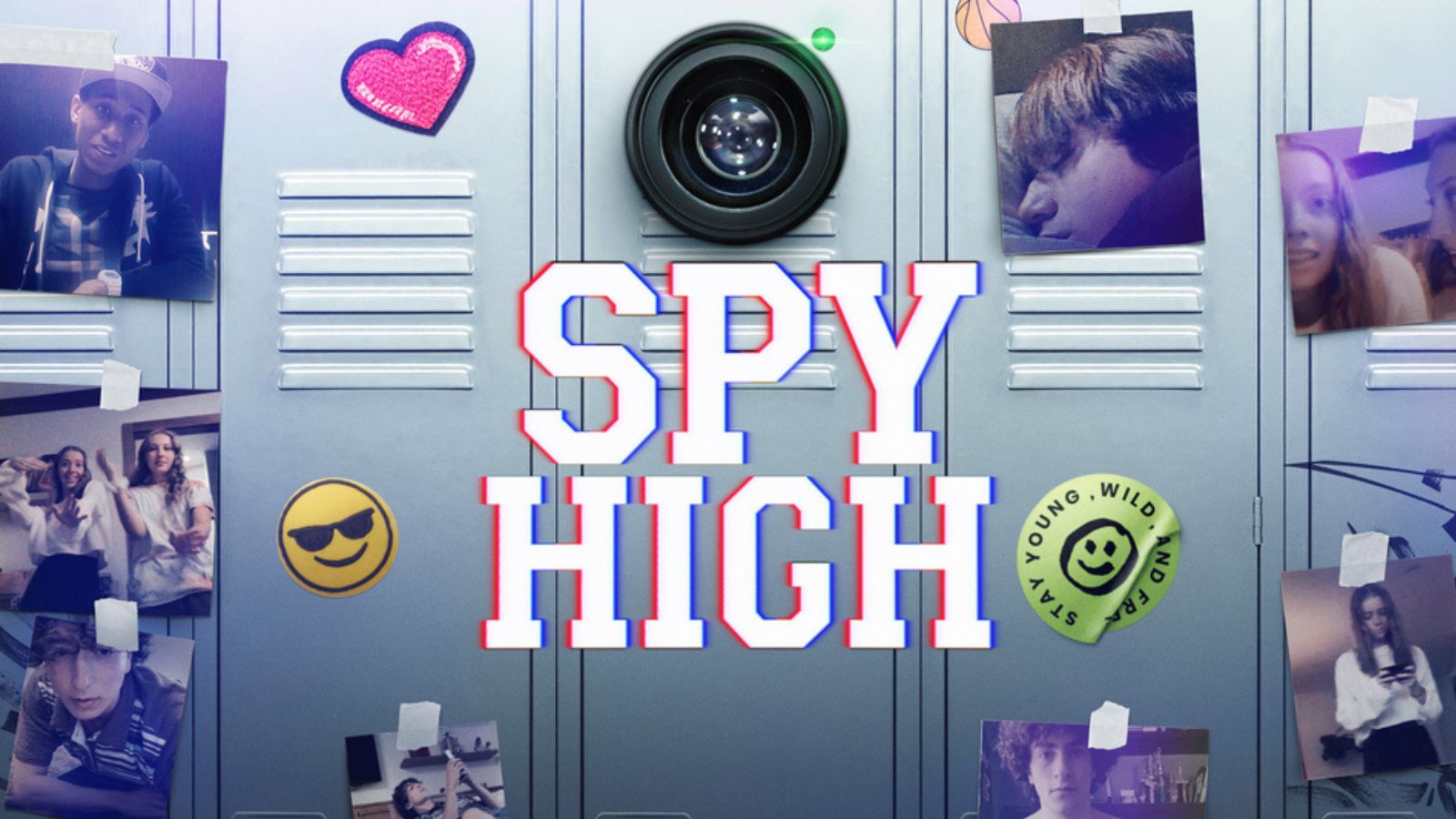
USPTO Says This Is the Way to Tackle Online Piracy
- The US Patent and Trademark Office says getting the carrot and stick out to fight pirates is the best approach.
- That would be to make legal content more readily available while bashing pirating platforms harder.
- There’s a combination of factors that are pushing the world towards piracy right now, and this won’t turn around easily.
The United States Patent and Trademark Office (USPTO) has published a paper where it details the best possible approach to fighting piracy. After reviewing a large number of academic studies, law enforcement cases, piracy statistics, trends, etc., the USPTO has concluded that the best approach would be that of the “carrot and stick.” More specifically, the paper suggests that legal content should be made more openly and readily available (carrot). At the same time, pirating platforms should be bashed hard in every possible technical and practical way, and pirates themselves should face stringent punishment (stick).
By combining the two, internet users will just get what they can, which would be the legal content. Making more content available on legal services, especially streaming platforms, has shown positive results in the recent past. However, this is not always the case, as there are way too many streaming platforms out there right now, paying a subscription for so many of them has become impossible. Especially during the COVID-19 pandemic, this aspect has gotten even harder, as the number of people who can’t afford to pay for legitimate platforms is growing, and so does piracy.
On the other side, bashing pirating platforms, especially on the higher level, has been connected with momentary drops due to the sudden loss of availability. Still, the pirating ecosystem is known to have the ability to heal quickly, with new websites, platforms, and CDN (content distribution network) services being set up to cover the demand. This problem is identified in the USPTO paper, calling for more effective and permanent blocking measures. The office calls for the coordinated action of the government and the private sector to achieve the above. As they say, the goal should not be to wipe piracy from the face of the Earth, but instead to try and make it appear more costly, inconvenient, and risky. This should be enough to deter a large number of people from reverting to pirating platforms, and the more that these platforms will be deprived of income, the fewer they will get.
The way we see it, nobody can compel the streaming businesses to offer cheaper plans to their subscribers, and we live in a free market after all. However, there’s a real, practical problem with market fragmentation right now, and a real possibility of the global economic recession pushing more people to both seeking and offering pirated content. If the rates get out of hand, enforcing anything concerning copyright infringement will be next to impossible. If something doesn’t change fundamentally, we may soon enter an age where all legal proceedings against pirating platforms will look like a drop in the ocean.






